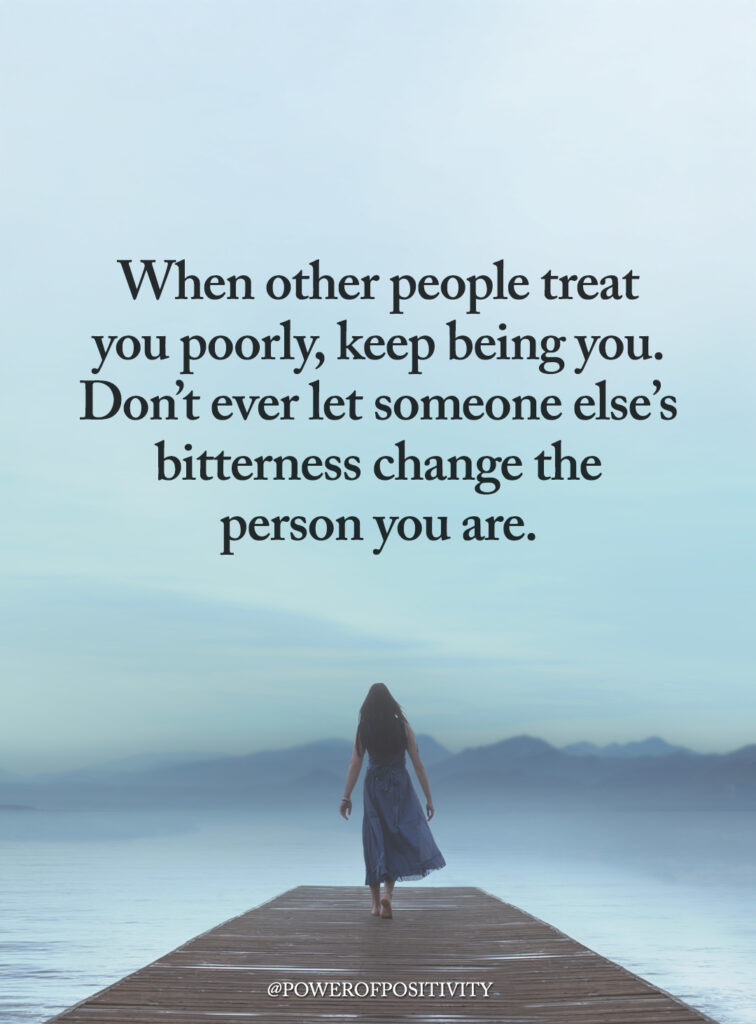Silence can feel heavy, especially when it comes to how we handle our emotions and struggles. Many people carry worries or pain without ever speaking up, and that silence often makes the burden even harder.
Talking about mental health conversations is just as important as talking about a broken bone or the flu, yet society doesn’t always treat it that way. Physical health usually gets quick care and open attention, while mental health is often kept quiet out of fear or shame.
This article looks at why these conversations matter, how stigma holds people back, and simple ways each of us can help break that cycle. Small changes in how we talk can open big doors for support.
Understanding What Stigma Really Means
Stigma is more than just a label—it’s a negative judgment that sticks to people because of something they can’t control. In mental health conversations, stigma shows up when others treat someone unfairly or view them as “less capable” simply because they’re struggling.
Most of the time, stigma grows from three roots:
- Misunderstanding – not knowing what mental health conditions truly are.
- Stereotypes – assuming all people with depression or anxiety act the same.
- Fear – worrying about danger or weakness that isn’t real.
Two types of stigma affect people every day:
- Personal stigma: the inner shame or self-judgment that makes someone feel broken.
- Social stigma: the public attitudes and opinions that lead to gossip, avoidance, or exclusion.
Breaking stigma starts with awareness. When people know the truth, mental health conversations become easier and far more supportive.
The Cost of Staying Silent
Keeping quiet may feel safer, but silence often makes things worse. Without open mental health conversations, people miss out on the support and care they need most.
Some common costs of staying silent include:
- Delayed treatment – waiting too long before asking for help.
- Missed early signs – not recognizing symptoms that could be managed sooner.
- Isolation – pulling away from family or friends out of fear of judgment.
Shame also plays a big role. Many people blame themselves for struggling, which deepens feelings of guilt and loneliness. Over time, this emotional weight builds into hopelessness, making it harder to reach out.
Breaking that silence can feel uncomfortable, but it saves lives. Every time someone speaks up, the walls of stigma crack a little more. Honest mental health conversations create the space where healing and acceptance can finally begin.
The Role of Culture and Society
Different cultures shape how people see mental health, and those views influence whether mental health conversations are welcomed or shut down.
In some families, emotions are kept private, with struggles hidden to “save face.” In others, traditions or spiritual beliefs shape how illness is explained and treated. Generational gaps matter too—older adults may see therapy as weakness, while younger people often view it as normal self-care.
Key influences include:
- Family beliefs – what parents teach about strength and vulnerability.
- Community norms – whether people talk openly or keep issues behind closed doors.
- Generational differences – contrasting views between older and younger members.
Understanding these layers helps explain why stigma looks different from one group to another. Building bridges across culture and age is the only way mental health conversations can grow stronger and more inclusive for everyone.
10 Ways to Break the Stigma Around Mental Health Conversations
1. Talk About Mental Health Like Physical Health
People go to the doctor for a broken bone without hesitation, yet many hesitate to speak about depression or anxiety. Treating mental health like physical health means giving it the same importance and urgency. A headache might lead you to take rest; a panic attack should also lead to support. When we make mental health conversations as natural as talking about an injury, people begin to feel less shame and more acceptance. This shift helps everyone see care as normal, not unusual.
2. Use Respectful and Accurate Language
Words carry weight. Terms like “crazy” or “weak” may sound casual, but they create lasting harm. Respectful language reduces stigma and builds understanding. Saying “a person living with anxiety” instead of “anxious person” keeps the focus on the person, not just their condition. Clear, accurate words make mental health conversations safer and kinder. Changing everyday phrases is a small habit, but it has a big impact on how people feel about opening up.
3. Share Personal Stories Openly and Honestly
Hearing real stories breaks barriers. When someone shares their experience with therapy or recovery, others see that they’re not alone. These stories create connection and reduce fear. Mental health conversations grow stronger when people speak openly about their ups and downs. It doesn’t need to be a dramatic reveal—sometimes just saying, “I’ve been there too” is enough. Sharing lived experiences helps others feel brave enough to start their own conversations without judgment.
4. Encourage Supportive Responses, Not Quick Fixes
Often, people rush to say, “Cheer up” or “Think positive.” While meant kindly, these quick fixes can make someone feel dismissed. Supportive responses mean listening, validating, and letting someone share at their own pace. A simple “I hear you” or “That sounds tough” creates safety. Mental health conversations should be less about solving everything and more about being present. Real support comes from patience and empathy, not from trying to “fix” emotions too quickly.
5. Promote Mental Health Education in Schools and Workplaces
Education reduces fear and misunderstanding. Teaching students and workers about mental health conditions early helps prevent harmful stereotypes from forming. Schools can include lessons on stress management, and workplaces can run awareness sessions. When mental health conversations are part of daily learning and professional culture, people see them as normal rather than rare. Better understanding leads to stronger support systems and less stigma across both classrooms and offices. Knowledge is one of the best tools for change.
6. Challenge Media Stereotypes
Movies, TV, and news often show harmful images of people with mental health conditions—violent, unstable, or unable to live full lives. These portrayals shape public opinion. Challenging stereotypes means asking for accurate, respectful representation. Social media campaigns and public figures can also change the story by showing real people living successfully with mental health conditions. Every time we question a stereotype, we open the door for better mental health conversations. Media can either fuel stigma or fight it.
7. Support Policy Changes That Prioritize Mental Health
Policy shapes access. Without equal coverage for therapy or medication, people often can’t get the care they need. Supporting laws and workplace rules that protect mental health rights is a powerful way to reduce stigma. When policies show that mental health is valued, conversations follow more easily. Advocacy can mean voting for change, signing petitions, or supporting organizations that fight for fair treatment. Stronger policies encourage open mental health conversations by removing practical barriers to care.
8. Create Safe Spaces for Conversations
Not everyone feels comfortable sharing in public. Safe spaces—whether community groups, workplace programs, or online forums—give people a chance to speak freely. These spaces allow trust to grow without fear of gossip or judgment. Even within families, creating a “no shame zone” helps. Safe settings encourage honest mental health conversations where people know they’ll be heard and respected. Without safe spaces, stigma pushes people to stay quiet, but with them, voices can finally be heard.
9. Recognize the Power of Allyship
Allies make a big difference. Friends, family, or coworkers who speak up and stand with those struggling help reduce stigma. Allyship means correcting misinformation, supporting mental health days, and showing compassion. It’s about being present when others hesitate to be. Mental health conversations feel lighter when allies show acceptance and support. Knowing someone has your back makes it easier to open up. The more allies step forward, the faster stigma loses its hold on communities.
10. Celebrate Progress Without Ignoring Challenges
Stigma is weaker today than it was years ago, but it still exists. Celebrating progress—such as more people seeking therapy or open campaigns on social media—reminds us that change is possible. At the same time, it’s important to acknowledge that barriers remain. Combining celebration with honesty keeps the movement going forward. Mental health conversations thrive when people recognize both victories and ongoing struggles. Balance brings motivation: we’ve come far, and together, we can go further.
When to Seek Professional Help
Sometimes, talking with friends or family isn’t enough. When daily life feels overwhelming, or symptoms last for weeks without easing, it’s time to seek professional help. Signs include constant sadness, loss of interest in things you once enjoyed, panic attacks, or trouble functioning at work or school.
Options include:
- Therapy or counseling – guidance from trained professionals.
- Medication – when recommended by a doctor to manage symptoms.
- Support groups – connecting with others who understand.
Seeking help isn’t weakness—it’s a step toward healing. Mental health conversations should include the reminder that reaching out for care is an act of strength. Professionals provide tools and support that friends alone may not be able to give.
How to Support Someone Struggling
Helping a loved one isn’t about fixing them; it’s about being present. Support starts with simple steps that show care and respect.
Ways to help include:
- Starting gently – ask, “How have you been feeling?” instead of pressuring.
- Listening fully – let them share without interruption or judgment.
- Offering practical help – like driving them to an appointment or sitting with them when they call a counselor.
- Encouraging professional care – suggest therapy or a doctor if struggles continue.
Avoid labeling or minimizing their feelings. A calm, caring approach makes mental health conversations easier and safer. Sometimes the best support is showing patience and being a steady presence. Small actions can create trust and open the door to healing.
Final Thoughts on Building a Culture of Openness
Stigma loses its power when more people choose to speak up. Each honest conversation chips away at the silence that keeps so many struggling on their own.
Every voice matters. Talking openly makes mental health feel less like a hidden issue and more like a normal part of everyday life. Friends, families, schools, and workplaces all play a role in shaping this culture of openness.
Taking even one small step today—asking a question, listening without judgment, or sharing your own story—can help break barriers. Mental health conversations don’t need to be perfect, they just need to start. Openness creates understanding, and understanding builds a kinder, stronger community for everyone.















